

Your mother always said that good looks aren't everything. As easy as it is to take something at face value, it's only a matter of time until the magic fades and the layers start to peel away. You begin to see that beautiful, drop-dead experience for what it truly is: an initially engaging action-RPG that loses its shine with each passing hour.
Muramasa Rebirth, the PlayStation Vita port of 2009's Wii exclusive, makes itself right at home within the folklore and politics of feudal Japan. Cursed weapons known as Demon Blades are scattered throughout the country, some strong enough to take down armies and defy the gods themselves. Momohime and Kisuke, your two playable protagonists, each embark on their own quest to track down the most powerful of these swords, taking out hundreds of ninjas, monsters, samurai, and more than a few deities along the way.
It's impossible to talk about Muramasa without gushing over the visuals. In true Vanillaware fashion, everything that you'll see has been hand drawn and animated. Still images and screenshots don't do this game justice; seeing multiple layers of (now HD) artwork transform as the layered backgrounds adjust to your movements is nothing short of spectacular. Don't be surprised if you find yourself stopping to admire something as simple as the wind brushing through a field.
"Don't be surprised if you find yourself stopping to admire something as simple as the wind brushing through a field."
Just make sure that you aren't taking five in the middle of a battle. Muramasa's combat is fast and engaging, yet surprisingly easy to pick up. Sword attacks are all mapped to a single button, relying on simple directional inputs to slash, swipe, or dash on the ground and through the air. The Demon Blades bring their own twist to the fighting as well, each possessing a Secret Art that introduce a myriad of new abilities into the battle. To make things a bit more involved than simple hack-and-slash, these powers--along with some extremely necessary blocking--come at the cost of the blade's durability. You'll need to quickly juggle through your three equipped blades on the fly to preserve their strength and prevent them from breaking, a mistake that could easily get you killed on a harder difficulties (do yourself a favor and start with Chaos; Legend seems to have been designed for infants).
Both the combat and the visuals are at their absolute best during the boss fights that close out each chapter. Unlike regular encounters, these battles force you to watch the opponent's moves and adapt your fighting style to match; the straightforward slice-and-dice that worked on the imp around the corner won't last a second against a mountain-sized, flame-spewing dragon. Along with their unique gameplay, each boss boasts distinctive character designs worthy of your utmost attention. By the time you've finally taken one down, you'll be starving to see what kind of creature's going to come up next.
"Both the combat and the visuals are at their absolute best during the boss fights that close out each chapter."
Unfortunately, the time spent in between these boss fights becomes a bit underwhelming as the campaign continues. Once you've made it a few hours in and gotten a feel for the combat, regular battles will begin to feel like a mindless chore. You'll be forced to backtrack through countless waves of overly familiar enemies, or worse, through completely empty areas that you've already cleared out. With no options for fast travel until you've completed the story, barren environments, and cross-map quest markers, far too much of your time will be spent holding the thumbstick in one direction and praying for a random encounter.
It also doesn't help that Muramasa essentially asks you to play through the game twice in order to experience everything it has to offer. Momohime and Kisuke each have their own stories that only overlap if each six-to-nine-hour campaign has been completed. However, there's very little to distinguish the two. Despite starting in different locations on the map, both will eventually travel to each region, facing the same enemies with the same exact moves.
"...far too much of your time will be spent holding the thumbstick in one direction and praying for a random encounter."
It wouldn't be as big a deal if the stories were anything to write home about. While the tale of a disgraced princess and an amnesiac ninja are appropriate within the setting, there's little to set them above and beyond aside from original Japanese voice-acting, competent localization, and a clear cultural reverence for Japan's Genroku era. This method of reusing old environments feels like a blatant attempt to pad out the game's run time. By the time you're 15 hours in and killing that same old samurai again and again, the new boss fights, challenge arenas, alternate endings, and 108 collectible swords will be downright unappealing to anyone other than the most diehard completionists.
Visually, Muramasa Rebirth is stunning. The Vita's sharp screen enhances the already gorgeous graphics and rewarding gameplay, resulting in fast-paced combat and satisfying boss battles that have never looked better. Although backtracking and repetition will eventually take their toll, it's still a fine choice for your portable action-RPG fix.
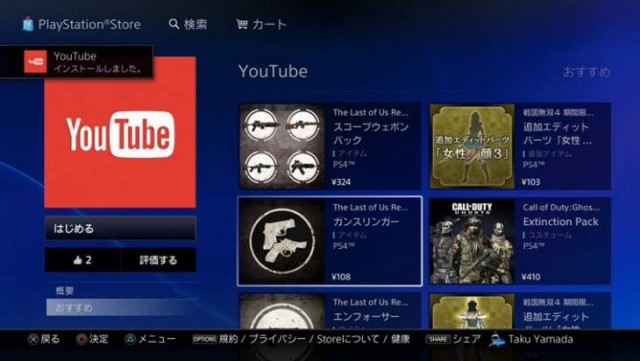

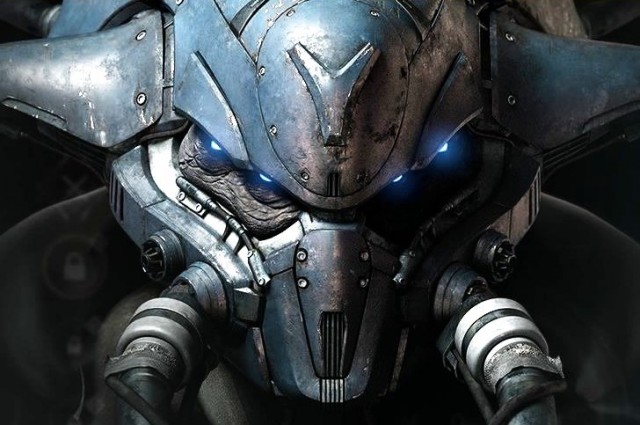
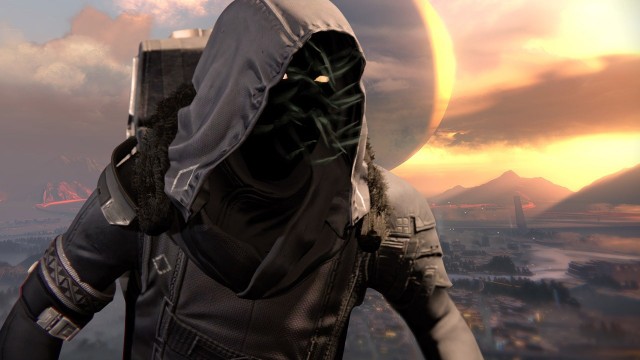
 Dragon City Guide
Dragon City Guide The Sims 4 Wiki – Everything you need to know about the game .
The Sims 4 Wiki – Everything you need to know about the game .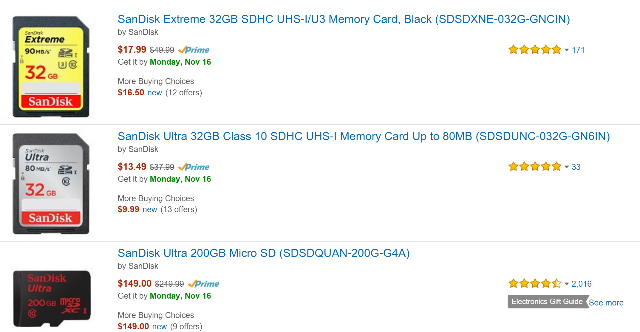 Get Your Holiday Shopping Started Early With These Big Deals
Get Your Holiday Shopping Started Early With These Big Deals Alien: Isolation Walkthrough
Alien: Isolation Walkthrough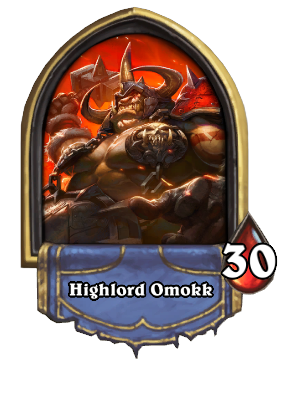 Hearthstone Blackrock Mountain Heroic Guide: Highlord Omokk, General Drakkisath, Rend Blackhand
Hearthstone Blackrock Mountain Heroic Guide: Highlord Omokk, General Drakkisath, Rend Blackhand